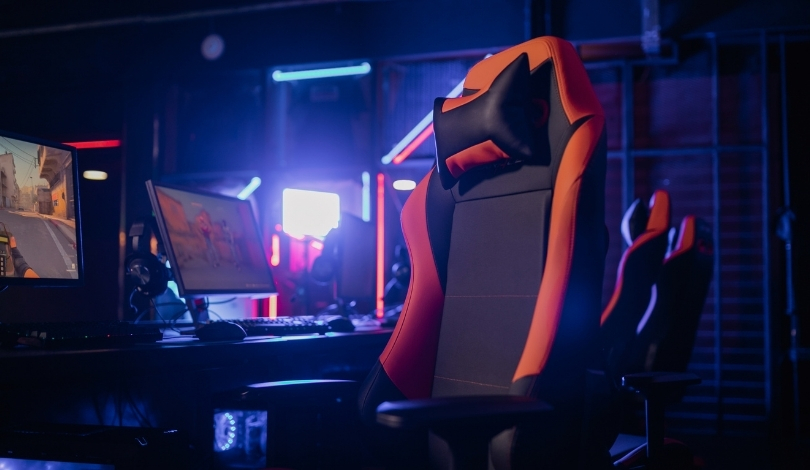Josef Fares, founder of Hazelight Studios, continues to prioritize creative integrity over industry trends. Known for titles like Brothers: A Tale of Two Sons and It Takes Two, Fares emphasizes passion-driven development. This commitment has distinguished Hazelight in a market increasingly dominated by live service models.
In previous reports, Hazelight has consistently avoided the pitfalls of monetization-heavy game designs. Unlike many studios that shift towards live service games to sustain revenue, Hazelight maintains a focus on narrative and cooperative gameplay. This approach has allowed the studio to cultivate a loyal fanbase and receive critical acclaim without compromising their artistic vision.
Why is Hazelight Rejecting Live Service Models?
“I think [live service] is not the right way to go,” Fares said. “I hope more and more [developers] focus on their passion, and what they believe in. At the end of the day, we see clearly—and Hazelight is living proof—that when you trust in your vision and go with it, you can still reach a big audience. That’s what I want people to focus on.”
How Does EA Justify Its Push for Live Services?
Electronic Arts attributes the underperformance of Dragon Age: The Veilguard to its lack of shared-world features and deeper player engagement. CEO Andrew Wilson stated that integrating these elements could have broadened the game’s appeal in a competitive market. This perspective underscores EA’s strategic focus on sustained player interaction and monetization.
What Lies Ahead for Hazelight Studios?
Looking forward, Hazelight is set to release Split Fiction on March 6, continuing their legacy of innovative co-op games. The studio’s dedication to unique gameplay experiences remains unwavering, as they prepare to offer another title that defies conventional live service expectations.
Fares acknowledges the financial pressures within the gaming industry but insists that publishers must respect creative endeavors. He advocates for a balanced approach where financial support does not overshadow the developer’s vision. This philosophy ensures that Hazelight can continue to produce games that resonate deeply with players without succumbing to commercial pressures.
Hazelight’s stance against live service models highlights a broader conversation about the future of game development. By prioritizing storytelling and cooperative mechanics, Hazelight sets a precedent for studios aspiring to maintain creative freedom. Their success demonstrates that sustainable and engaging games can thrive without relying on continuous monetization strategies.
Hazelight studios’ refusal to adopt live service frameworks underscores a commitment to quality and innovation. Developers and publishers alike can look to Hazelight as an example of how creative vision can lead to both critical and commercial success. As the gaming industry evolves, Hazelight’s approach may inspire a resurgence of passion-driven game development.










